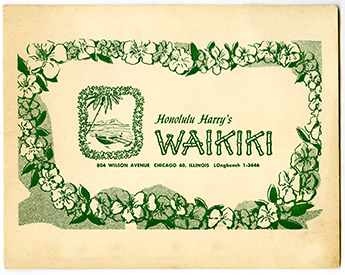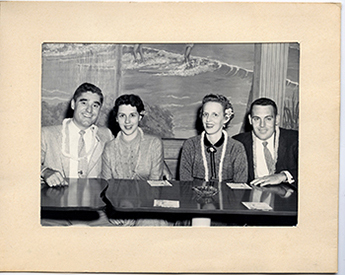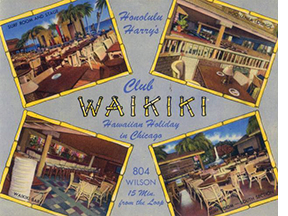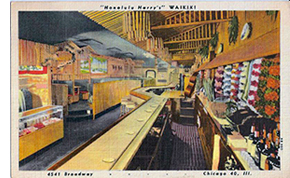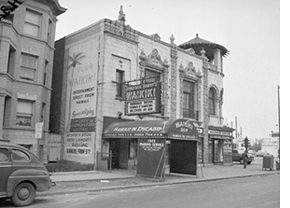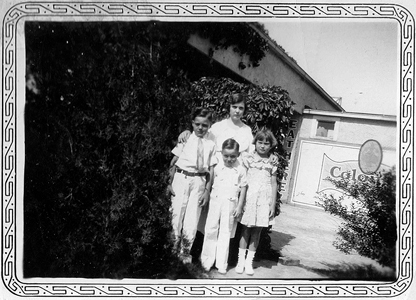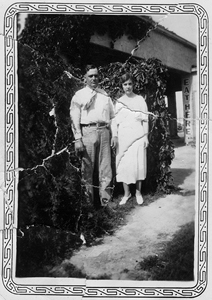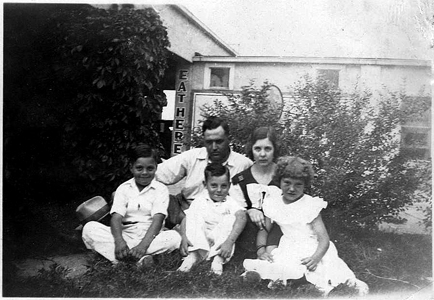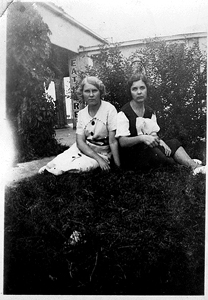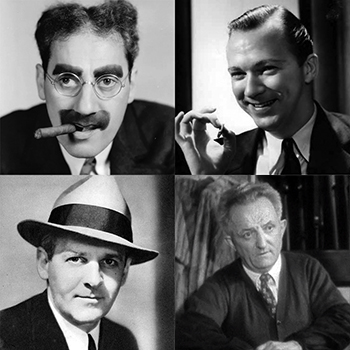Today marks the 84th anniversary of the appearance of the greatest newspaper headline ever—or, at the very least, the greatest headline ever to appear in a trade publication.
It was on this day in 1935 that the front page of Variety blared the following:
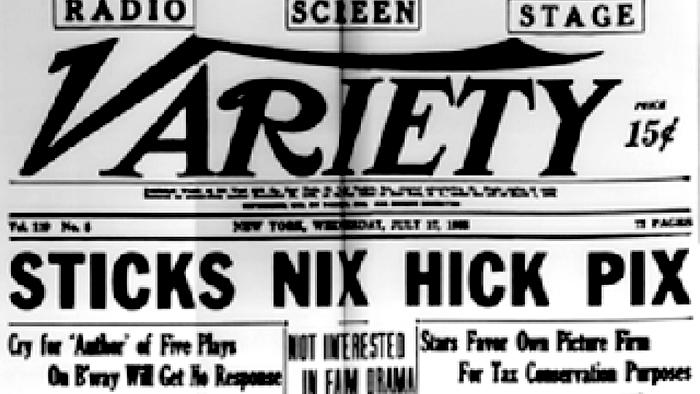
We’d always understood that the point of the headline (and the story it touted) was that, contrary to the common wisdom of the day, rural moviegoers weren’t showing an interest in motion pictures that took place in rural and small-town settings; they wanted depictions of big-city life.
But that’s not the whole story. In fact, now that we’ve read the article at Variety.com, we’re not really sure this headline is a particularly good fit, as the bit about small-town movie patrons enjoying city-themed movies makes up but a tiny percentage of the story.
Still, over the years, that aggregation of words has brought us great joy; it makes us profoundly happy. We’re not certain who penned the headline—some say it was written by Lyn Bonner; others insist it was the work of Abel Green—but we tip our hat to whomever was responsible.
The headline was also featured in the classic 1942 musical Yankee Doodle Dandy, in which George M. Cohan (played by James Cagney) translates it for a couple of teens.
This post first appeared in this space in slightly different form on July 17, 2012.

